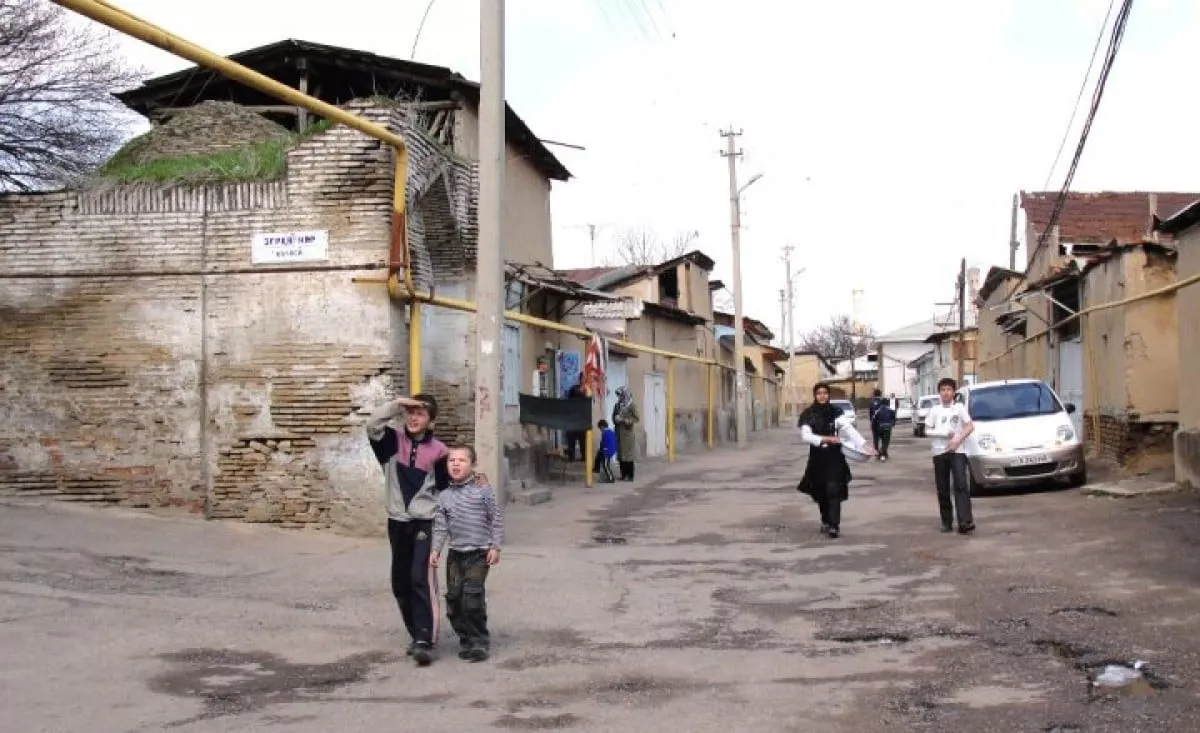A new incentive system for tax payments will be introduced in neighborhoods

The government is planning to introduce a new incentive system to improve tax discipline in neighborhoods. This was reported by Upl.uz.
As part of this initiative, neighborhoods will be ranked based on the level of taxes paid by taxpayers. Each of the top hundred neighborhoods in the ranking will receive targeted funding of 2 billion soums, which will be used for local infrastructure development projects.
This was announced by Ilhom Norkulov, the First Deputy Minister of Economy and Finance, on the “Uzbekistan 24” television channel. He provided detailed information about the new measures adopted as a result of a meeting chaired by the head of state on August 11.
The main topic of this meeting was to reduce the size of the shadow economy in the country. According to Norkulov, the situation was thoroughly analyzed before the proposals were developed.
Recommendations from prestigious international financial organizations such as the World Bank and the International Monetary Fund, as well as reports from auditing firms like Ernst & Young, and special studies on the shadow economy conducted under the UN Development Program were taken into account. Additionally, practical inspections were carried out in the regions, and a package of proposals was formed in five key areas.
“Most of the proposals were discussed, and the president gave relevant instructions,” Norkulov said. In particular, the National Statistics Committee was tasked with improving the methods for assessing the indicators of the shadow and informal economy.
The second important area is to create an effective incentive system for taxpayers. The deputy minister quoted the president's words: “We need to implement tax payments through incentives and motivation.
It is important to create a system where paying taxes is inherently beneficial.” In this context, a neighborhood ranking is being introduced. This system will be integrated with the “Initiative Budget” program.
Norkulov emphasized that a special coefficient will be added to the voting mechanism for projects. Neighborhoods with a higher number of taxpayers will have a significant advantage.
Moreover, in addition to directly financing infrastructure projects, benefits will be provided to citizens who maintain high levels of tax discipline. Residents of neighborhoods where tax payments are made correctly will have priority in preferential mortgages and educational loans.
The government is also continuously improving the “Initiative Budget” mechanism. For example, neighborhoods that have won twice on the Open Budget portal will not be able to apply in the second half of 2025 and the first half of 2026, which is aimed at ensuring equal opportunities.
The neighborhood institute in Uzbekistan is considered one of the oldest forms of social governance in the world, with a history of over a thousand years. Today, approximately 10,000 neighborhoods are active across the country.
Neighborhoods play a crucial role not only in providing social support to the population but also in implementing state programs at the local level.

